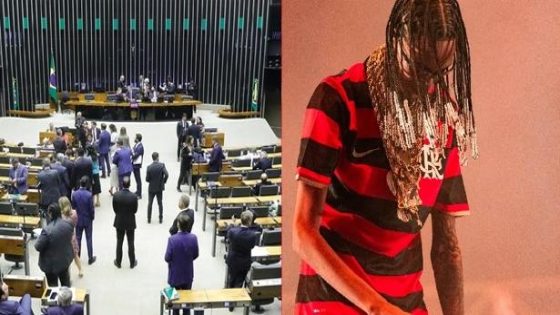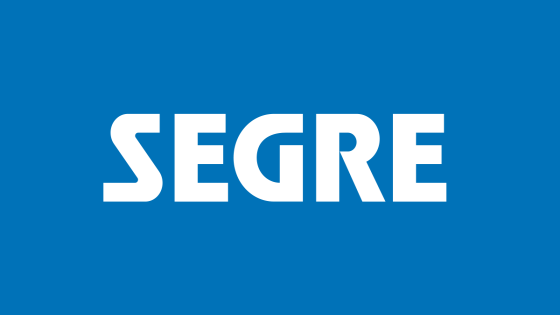On February 10, 2025, a significant movement against rap and funk music is gaining traction across Brazil. The proposal, deemed unconstitutional by legal experts, seeks to restrict artists like Oruam, accused of promoting crime through their music. But is this censorship or a necessary measure for public safety?
- Proposal deemed unconstitutional by legal expert.
- Vettorazzo promotes project against Oruam's music.
- Public pressures councilors to support project.
- Congressional initiative introduced by Kim Kataguiri.
- Allegations of crime promotion against Oruam.
- Threats reported by Kataguiri and Vettorazzo.
Controversial Proposal Against Rap and Funk Music Gains Momentum
Why are lawmakers targeting specific music genres? A recent proposal in Brazil aims to censor artists like Oruam, claiming their music incites crime. This has led to public outcry and demands for accountability from local officials. With citizens urging their representatives to act, the debate intensifies.
The Legislative Push: From Local Councils to Congress
The proposal has now reached the Brazilian Congress, with significant backing from influential politicians. Deputy Kim Kataguiri and Senator Cleitinho are at the forefront, arguing that Oruam’s performances glorify criminality. This has led to heightened tensions, including threats against lawmakers from the artist’s supporters.
Public Reaction and Community Involvement in Brazil
Community members are actively engaging in the debate, expressing their views on the proposed censorship. Many citizens have contacted their local representatives, urging them to support or reject the initiative. This grassroots movement highlights the power of public opinion in shaping policy.
- Citizens are demanding accountability from their elected officials.
- Local councils are responding to public pressure to act.
- Concerns about censorship versus public safety are at the forefront.
- The debate reflects broader issues of artistic freedom globally.
Legal Perspectives on Censorship and Artistic Freedom
Legal experts, including Danilo Cymrot, argue that the proposal infringes on constitutional rights. By preemptively banning artists based on assumptions, the government risks overstepping its bounds. This case raises critical questions about the limits of free speech and the role of art in society.
As this situation unfolds, the implications for artists and fans in Brazil—and potentially in the U.S.—could reshape the landscape of music and expression. Will the movement succeed, or will it be met with resistance from those advocating for artistic freedom?
































